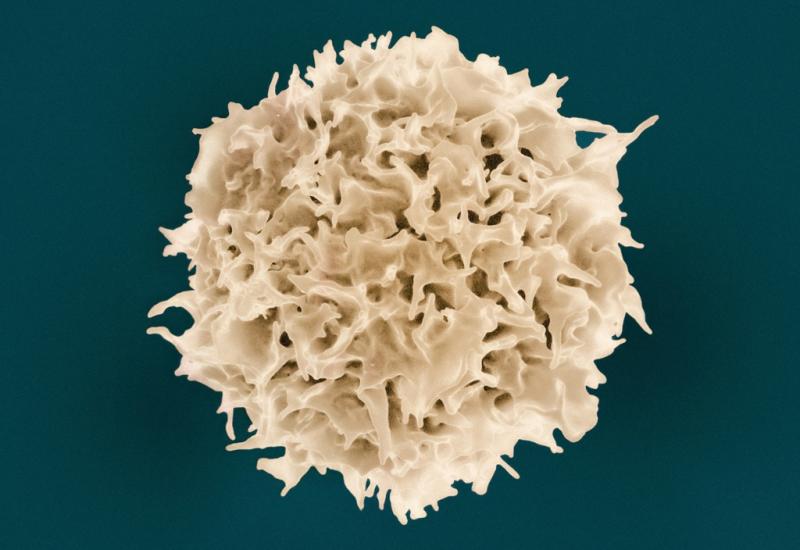
Lilly jumps ahead of Tyra

At the 2024 Triple meeting Tyra Biosciences presented the first clinical results suggesting that its lead pipeline project, dabogratinib, was an impressive FGFR3-selective inhibitor, but just one year later it’s already been overtaken. The challenge has come from Lilly, which fresh from presenting mid-stage data with its own FGFR3 inhibitor vepugratinib at ESMO has moved this project into phase 3. The pivotal Forager-2 study is to test vepugratinib plus Padcev and Keytruda, against Padcev/Keytruda alone, in 450 first-line, FGFR3-altered urothelial bladder cancer patients, and is to begin next month, according to a just unveiled clinicaltrials.gov listing. At ESMO the phase 1 Forager-1 study yielded a 32% ORR in 102 FGFR inhibitor-naive FGFR3m urothelial patients given vepugratinib monotherapy. Meanwhile, Tyra has a slightly different focus, recently embarking on a phase 2 trial of dabogratinib in the less advanced bladder cancer setting of non-muscle invasive disease. The rationale behind targeting FGFR3 specifically is that Johnson & Johnson’s Balversa, an approved pan-FGFR inhibitor, is associated with toxicities thought to result from activity at FGFR1 and 2. Last weekend’s Triple (EORTC-NCI-AACR) symposium included presentations from two preclinical FGFR3 challengers, Onco3R and BridGene.
Small-molecule FGFR3-selective inhibitors in development
| Project | Company | Study | Design |
|---|---|---|---|
| Vepugratinib | Lilly | Ph3 Forager-2 trial starts Nov 2025 | + Padcev + Keytruda, vs Padcev + Keytruda (n=450), 1st-line urothelial bladder cancer with FGFR3 genetic alteration |
| Dabogratinib | Tyra | Ph2 Surf302 trial started Jun 2025 | Uncontrolled (n=90), FGFR3-altered low-grade, intermediate-risk, non-muscle invasive bladder cancer |
| G-012 | Onco3R | Preclinical poster at 2025 Triple meeting | NA |
| Unnamed | BridGene | Preclinical poster at 2025 Triple meeting | NA |
Source: OncologyPipeline.
1194













